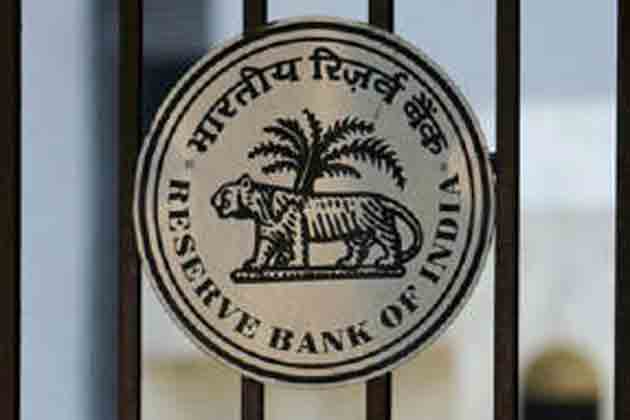
New Delhi, June 18: The Indian stock markets on Monday are expected to react positively to the Greece results and also domestic factors. The Reserve Bank of India will announce its mid-term credit policy review on Monday.
Majority of bankers and economist polled by CNBC-TV18 say that the RBI will cut repo rate and reverse repo rate by 25 basis points. This means home loans could become cheaper.
Cash reserve ratio may remain unchanged at 4.75 per cent and the repo rate, which is the rate at which the RBI lends to banks, is currently at 8 per cent. The reverse repo rate at which the RBI borrows from banks is currently at 7 per cent.
Finance Minister Pranab Mukherjee has also expressed confidence that the central bank would "adjust the monetary policy" to address the challenges before the economy.
Most experts feel that more or less the market has already factored in 25 basis points cut in both repo rate (at which banks borrow money from RBI) and cash reserve ratio, the portion of deposits that banks are required to keep with the Reserve Bank.
According to Kishor Ostwal, CMD, CNI Research, "Rate cut looks certain as the economy is going through tough patches. The next resistance for Nifty is at 5,155 which is very near and if this is crossed on Monday we may see Nifty rising to 5,280 to 5,300 very fast."
Meanwhile, Angel Broking said in a report, "Global developments in Greece, Spain and the euro-zone summit will keep markets volatile in June."
Meanwhile, the BSE 30-scrip benchmark Sensex gained for the second consecutive week by adding another 231 points on expectations that RBI will cut interest rates at its mid-quarterly monetary policy review on Monday to prop up a slowing economy.




Comments
Add new comment